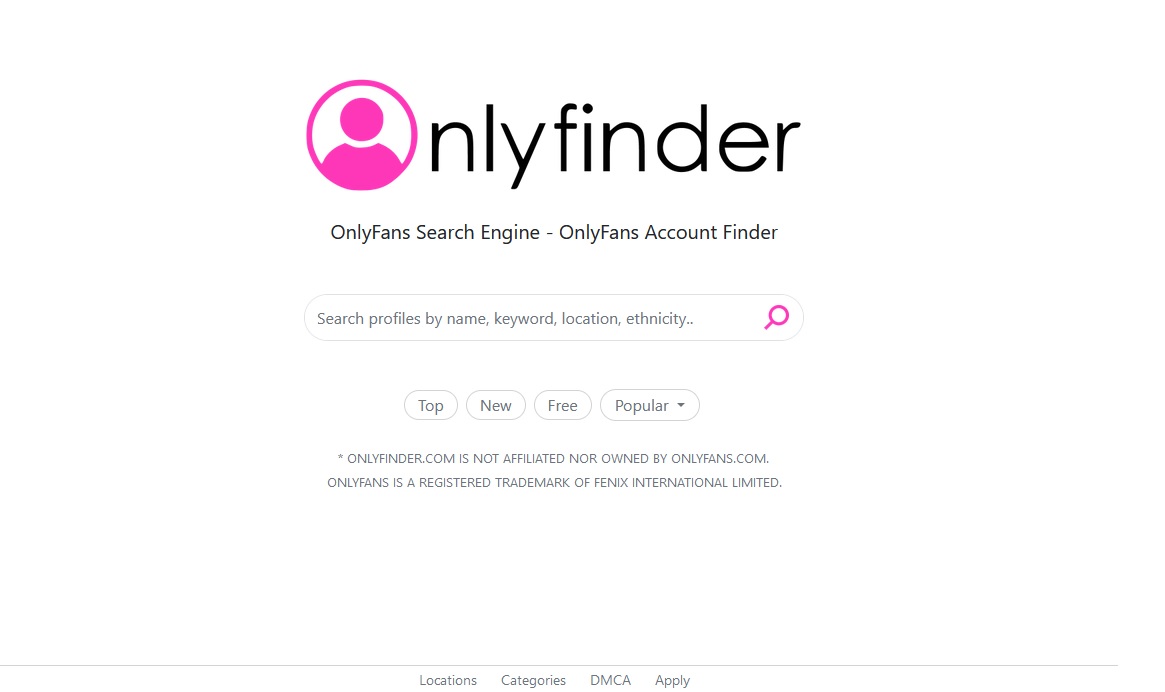The revolution of floppy disks and CDs has officially ended. Even USBs and hard drives are soon becoming obsolete thanks to the cloud computing wave that is now sweeping the world with rage. Once upon a time, walking around with a USB flash drive in the pocket was the most convenient way of accessing data easily. Today, things have changed and gone digital. The cloud now hosts countless applications, infrastructures and large volumes of data such that a salesforce certification and AWS-related certification have become central to the growth of cloud services.
Small businesses and multinational organizations alike are leveraging the power of the cloud and taking advantage of what the internet has turned the world into a small village.
However, the topic of the cloud is wide and deep. As businesses switch their operations to the cloud, they need to understand the different cloud services available to them.
What are cloud services?
From the word cloud, cloud services are available on a cloud platform and not hosted by a business in-house. Hosting services on the cloud comes with immense benefits including easy and less costly scalability as well as flexible access from wherever there is an internet connection. By far the greatest advantage is that the burden of maintaining and managing servers is transferred to the service providers which allows a company to concentrate on its core business. The service provider will be responsible for the availability, performance, and security of the cloud services that they offer among other things.
There are three main types of cloud services.
- IaaS (Infrastructure as a Service) – IaaS, the most basic cloud service, offers virtual infrastructure such as network, servers, storage, and operating systems. IaaS gives a user complete control over the infrastructure. The role of the service provider is to ensure that the service is always available and well maintained.
- PaaS (Platform as a Service) – PaaS is commonly used to develop web-based or mobile-based applications. PaaS provides clients with the necessary tools needed to develop customized application solutions for their businesses. The service provider, on the other hand, is responsible for the server, storage, and network management.
- SaaS (Software as a Service) – Unlike PaaS which gives clients a platform and the tools to create applications, SaaS delivers applications to clients over the internet. Here, the service provider manages and maintains the application. SaaS applications are delivered directly on the users’ browsers which eliminates the need for downloading, installing, maintaining, and upgrading the application.
Some examples of cloud service providers are
- Microsoft Azure
- Google Cloud Platform
- SAP
- Amazon Web Services
- Salesforce
Our discussion today is about the difference between Salesforce and Amazon Web Services (AWS).
What is Salesforce
Salesforce is a customer relationship management (CRM) application. As a software as a service (SaaS) technology hosted in the cloud, Salesforce is a solution that helps in the management of customer database to achieve better customer relationships and experiences and ultimately business growth and more sales.
Interestingly, Salesforce was initially designed for salespeople, hence its name. However, it has picked up quite fast to include all other departments in a business in a unified view and interactions with customers.
Salesforce is customizable and integrates well with other business systems. It has been confirmed that CRM systems will benefit a business regardless of the size. A study revealed that for every dollar spent on a CRM system, $5.60 is earned back. This is because success, for any business, is centered around its interaction with customers. Therefore, it’s a cinch that Salesforce, being the most popular CRM solution, will have better ROI if used well.
Salesforce comes with several functions:
- It offers an automated sales solution that helps track sales leads through logged interactions and also do sales forecasting.
- Provides an avenue for creating and managing general and personalized marketing campaigns.
- It helps to evaluate the position of the business through the reports and dashboard features. evaluate the position of the business
- It comes with tools used to perform analyses and create dashboards and draw the required reports used to make important decisions.
- It provides cloud storage for customer data collected when managing their calls, complaints, and inquiries
- Salesforce allows users to develop and manage customized applications for the business
- It offers a community where staff, customers and other stakeholders interact with each other.
What is AWS?
AWS, referring to Amazon Web Services, is mainly Infrastructure as a service (IaaS) but is also Platform as a service (PaaS) and Software as a service (SaaS) on a smaller scale. Stemming from Amazon’s e-commerce infrastructure, AWS was born. Amazon Web Services has over time grown to become one of the most popular cloud services providers offering over 100 services including on-demand storage database, analytics, data and infrastructure management, as well as application development.
AWS offers the following benefits
- AWS offers security, port, and storage database management.
- AWS runs several programming languages including Java, Python, and Ruby among others. This gives clients the flexibility of installing and running not only a language of their choice but also the operating system and other services.
- AWS offers both up and down automatic scaling. The PaaS is designed to keep a constant check on a business’ application and automatically adds servers to accommodate any additional load.
- AWS uses a pay-as-you-go payment model which is cost-effective because clients only pay for what they use.
Difference between AWS and Salesforce
Both AWS and Salesforce offer cloud services, however, they have their differences and some similarities. Salesforce happens to be the best CRM and AWS the leading public cloud service provider accounting for 40% of the market share. Did you know that Salesforce uses AWS as its public cloud infrastructure provider?
At the core, Salesforce is a software as a service (SaaS) and AWS both Platform as a service (PaaS) and infrastructure as a service (IaaS). Salesforce delivers applications that are hosted on a cloud platform. AWS, on the other hand, provides the platform on which businesses host their applications and services.
Something good about both Salesforce and AWS is that they both give users affordable on-demand scaling options. Secondly, they both work in tandem with other business applications which is beneficial for any business wishing to drive more value to its customers or operations. Thirdly, they are both founded upon tight IT security.
Salesforce is focused on customer value. This application helps businesses transform their customer experience for the best by consolidating all customer data to allow everyone in the business to have one view hence streamlining interactions with the customer. Such a focus on customers improves and ultimately retains customers.
On the other hand, AWS is all about cloud infrastructure. AWS offers small and large businesses with reliable, scalable, and affordable infrastructure for their digital operations.
Finally, AWS is a computing platform offered by Amazon which comes with several product offerings, for instance, on-demand cloud storage and cloud infrastructure. Salesforce Inc., on the other hand, is an independent company with a broad line of cloud-based applications that businesses can adopt to drive customer value.
well, is Salesforce better than AWS or vice versa! This will depend on your skill set and career path you intend to pursue.
Are you interested in driving customer value? You need to sharpen your skills in Salesforce and earn a salesforce certification with a reputable training provider.








Add Comment